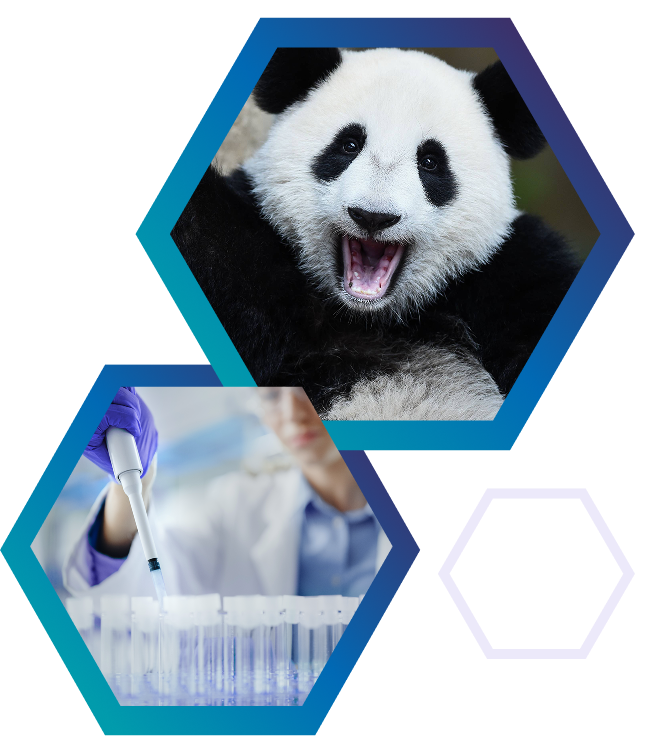Binge Drinking and Future Progeny

It is well documented that alcohol during pregnancy can cause complications for pregnancy and birth, but little is known about the effects of parental binge ethanol (EtOH) drinking on future pregnancy and offspring.
A previous study by Asimes et al, 2017 showed that parental binge EtOH drinking caused modifications to the DNA of their progeny; however, the phenotypical and hormonal alterations in the offspring born to binge EtOH-exposed parents were not explored at that time. A new study by the same group, Asimes et al, 2018, sought to find out whether there are any hostile effects to the development of a progeny born to parents who have been exposed to repeated-binge EtOH pattern or whether it would offer a genetic advantage over a progeny born to non-binge EtOH exposed parents.
Male and female Wistar rats were used for this analysis. Animals were exposed to repeated-binge EtOH pattern for a total of 8 days, starting with three days of EtOH, followed by two days of water and finally three more days of EtOH. Each EtOH dose given to rats was similar to a human having 6-7 drinks within a two-hour period of time. Twenty-four hours after the final EtOH exposure, the rats were paired for mating. Later, females were separated from males for gestation and nesting. Control rats were given water for the same period of time and subjected to mating in a similar manner.
During the first assessment, the body weight and play behavior of rat offspring born to EtOH-exposed parents were compared to that of non-EtOH exposed parents. Body weights of offspring born to EtOH exposed parents were lower compared to the controls after puberty but not at birth. The play behavior was unusual and different between them as well. When pubertal and HPA axis markers such as Testosterone (Arbor Assays Kit K032-H), LH and Corticosterone (Arbor Assays Kit K014-H) were monitored, slightly reduced or altered values were observed in offspring born to EtOH-exposed parents compared to controls. No phenotypical changes in testicular development were seen.
As the second assessment, the offspring from EtOH-exposed parents were again exposed to a repeated binge-EtOH drinking pattern during their adulthood to find out the effects of adult EtOH exposure in offspring born to parents with binge EtOH pattern. The body weight, play behavior, growth hormones, HPA axis and testicular development were assessed again in adult offspring after EtOH exposure. Adult binge drinking pattern significantly reduced the body weight of female rats born to EtOH-exposed parents, but not males. The altered effects on play behavior and HPA axis hormones such as Corticosterone, Testosterone and LH were also heightened in adult EtOH-exposed offspring born to pre-exposed parents. No phenotypical changes in testicular development were seen.
In conclusion, results showed binge drinking in parents can confer ill effects to juveniles such as lower body weight, less play behavior and altered hormone levels. In addition, results also confirmed that parental EtOH exposure did not offer any adaptive EtOH advantage to the offspring when they are exposed to EtOH themselves. These findings will aid future investigations on determining what kind of parental behaviors with EtOH can affect the well being of future generations, with the hope of raising awareness to prevent continuation before it’s too late.
